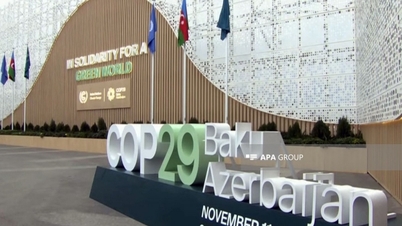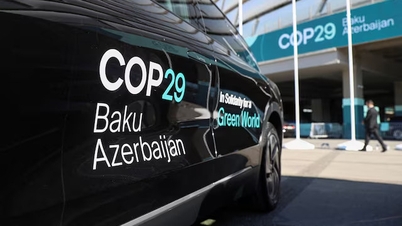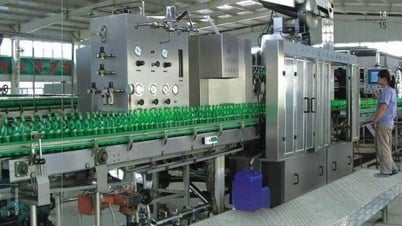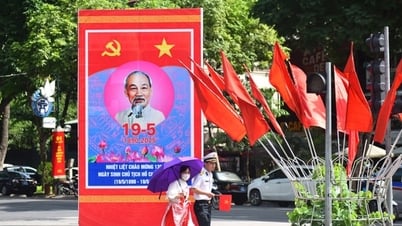The European Union's (EU) trade with Russia has fallen to its lowest level since the start of the war in Ukraine, with Russia's share of EU imports and exports now below 2%, according to data released by the EU's statistics agency Eurostat on September 1.
The latest data shows that while 9.6% of EU imports came from Russia in February 2022, when Moscow began invading Ukraine, that figure had fallen to 1.7% in June this year. The share of EU exports to Russia fell from 3.8% to 1.4% over the same period.
Statistics show that EU trade sanctions are having the desired effect and are severely restricting the flow of Russian goods into the bloc.
The value of EU sanctions since the start of the war amounts to €43.9 billion on exports and €91.2 billion on imports, according to the European Commission (EC).
When the conflict began more than 18 months ago, the EU’s trade deficit with Russia temporarily widened as energy prices peaked, with the EU’s imports from Russia exceeding exports by €18.5 billion in March 2022. It stood at just €0.4 billion in June 2023, up slightly from a low of €0.1 billion in March this year.
The sharp drop in imports is due to the EU's efforts to wean itself off energy products from Russia, with the trade deficit in energy products falling from €40.4 billion in Q2 2022 to just €5.7 billion in Q2 2023.
The share of fossil fuels such as coal, gas and oil imported into the EU from Russia has fallen significantly.
The EU has cut its share of natural gas imports from Russia from 24% in 2022 to just 15% in the first half of 2023, an EC spokesperson said on August 31.
However, an analysis by Global Witness on August 30 revealed that the amount of liquefied natural gas (LNG) imported from Russia into the EU between January and July this year increased by 39.5% compared to the same period in 2021, before Russia launched its military campaign in Ukraine.
This shows that the EU continues to rely on Russia for energy, only replacing pipeline gas with super-cold fuel transported by ship.
Meanwhile, the EU has facilitated the export of Ukrainian products – including grains essential for food production around the world – through “Solidarity Corridors” routes as the country’s Black Sea ports are blockaded by Russia.
The initiative is driven by a special trade mechanism that exempts many Ukrainian exports from duties.
From May 2022 to the end of July this year, the EU's "Solidarity Corridor" allowed 88 million tonnes of goods worth 35 billion euros to be transported from Ukraine, including nearly 49 million tonnes of agricultural products such as cereals.
However, the EU’s move has created a glut of grain in frontline EU countries bordering Ukraine – including Poland, Hungary, Slovakia, Romania – causing prices for their own crops to plummet and reducing profits for local farmers. The temporary ban on the sale of Ukrainian grain in these countries is due to expire on September 15 .
Minh Duc (According to Euronews, Reuters)
Source


![[Photo] More than 17,000 candidates participate in the 2025 SPT Competency Assessment Test of Hanoi National University of Education](https://vphoto.vietnam.vn/thumb/1200x675/vietnam/resource/IMAGE/2025/5/17/e538d9a1636c407cbb211b314e6303fd)
![[Photo] General Secretary To Lam visits exhibition of achievements in private economic development](https://vphoto.vietnam.vn/thumb/1200x675/vietnam/resource/IMAGE/2025/5/18/1809dc545f214a86911fe2d2d0fde2e8)
![[Photo] National conference to disseminate and implement Resolution No. 66-NQ/TW and Resolution No. 68-NQ/TW of the Politburo](https://vphoto.vietnam.vn/thumb/1200x675/vietnam/resource/IMAGE/2025/5/18/adf666b9303a4213998b395b05234b6a)





























![[Photo] Prime Minister Pham Minh Chinh chairs meeting on science and technology development](https://vphoto.vietnam.vn/thumb/1200x675/vietnam/resource/IMAGE/2025/5/17/ae80dd74c384439789b12013c738a045)


































































Comment (0)